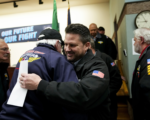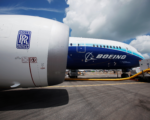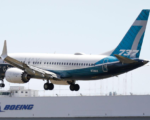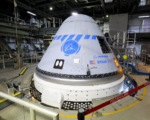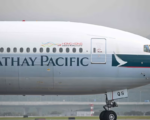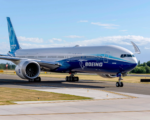Boeing to Implement Design Changes to Prevent Future 737 MAX 9 Door Panel Blowouts

Boeing announced plans to implement design changes to prevent future mid-air cabin panel blowouts like the one experienced on an Alaska Airlines 737 MAX 9 flight in January. The incident, attributed to missing bolts in the door plug, has led to significant reputational damage and regulatory scrutiny. Boeing’s senior vice president for quality, Elizabeth Lund, stated that the company aims to introduce these changes within the year and retrofit the entire fleet. The modifications will ensure that the door plug cannot be closed unless it is firmly secured, preventing similar incidents. Following the January blowout, the 737 MAX 9 was grounded for two weeks, and Boeing faced a ban on production expansion, a criminal investigation, and the departure of key executives.
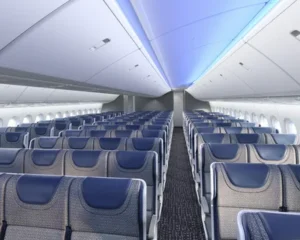
During a National Transportation Safety Board (NTSB) hearing, Lund revealed that new procedures and clear signage have been introduced to prevent inadvertent door plug openings. The board released extensive documentation from the ongoing investigation, highlighting systemic issues at Boeing’s factory, including deviations from required processes. FAA officials noted that Boeing employees often did not follow instructions, with tool control being a common problem. Lund admitted that every 737 fuselage delivered before the January accident had defects, emphasizing the need to manage these defects effectively. The hearing also addressed the factory culture and workload pressures that may have contributed to quality issues. Boeing executive Carole Murray highlighted various problems with fuselages from Spirit AeroSystems, the company responsible for the MAX fuselage. The NTSB expressed frustration with Boeing’s handling of the incident and urged the company to clarify its policies. In response to the crisis, Boeing has committed to key quality improvements and faced legal consequences, including a guilty plea to a criminal fraud conspiracy charge and a substantial fine related to two fatal 737 MAX crashes.







